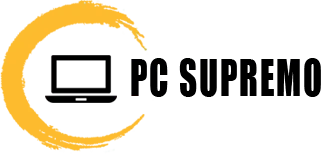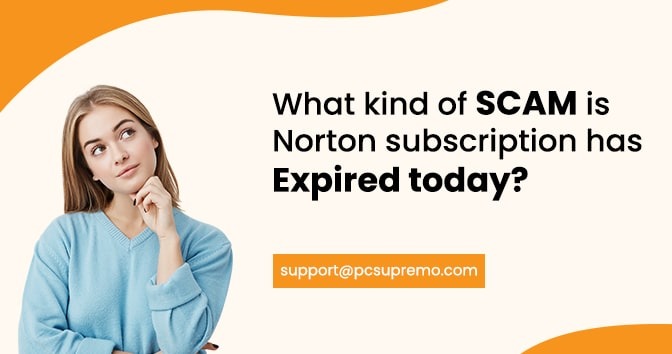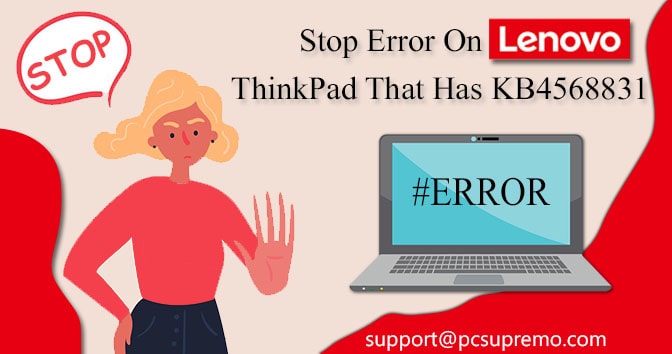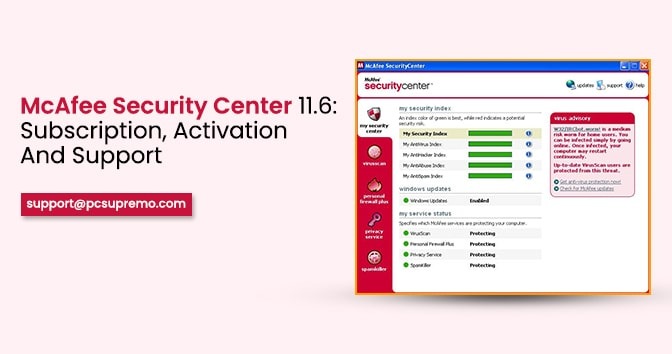“Norton subscribers have expired today” is a fraudulent popup warning, claiming that (in this case, Norton alerts) subscribes to the antivirus suite has expired and requires updates.
Various deceptive sites display such fraud messages. These sites are rarely visited voluntarily; most visitors access them through unauthorized redirects.
Usually through clicking intrusive ads (possibly organized by compromised websites) or forced by satisfied (unwanted application). Please note that satisfied does not require user permission to express to attack their devices.
Besides causing redirects, they also run invasive advertising campaigns, and some can track data to understand how to get rid of Norton popups.
The popup states that (as if the Norton Renewal Center) which subscribes to Norton Antivirus has become cancelled (expiration). This urges users to update them to protect their system from the latest Ransomware virus.
While clicking the “Extend Now” button indeed leads to a legitimate Norton AntiVirus website (particular product/purchase page), this popup message is still considered a fraud.
Many co-deceive websites display the warning and then lead users to malicious sites (e.g., phishing or scam type) and offer malignant content to download/install (e.g., browser hijackers, adware, or other unwanted programs).
Complying with the request “Norton subscription has ended today” can cause invasion/system infection and various privacy issues. It is strongly recommended to ignore this message and let the site immediately show it.
Some malicious websites can run scripts to prevent users from closing the browser tab / Windows. If the user finds it like that, use the Task Manager to end the browser process or booting the system will eliminate this problem.
However, it must be noted that the previous session should not be restored when reopening the browser. The Norton popup blocker will be displayed again since the last session still retains a scam site (or page that causes initial redirects).
As mentioned in the introduction, satisfaction can redirect various sites that cannot be trusted / dangerous. They can provide intrusive advertising campaigns too.
By applying multiple tools, they can activate third-party graphical content. Thus, provide advertisements (popups, banners, surveys, coupons, etc.), which can inhibit searches.
The word intrusion ad can limit the speed of search and visibility of the site (do the latter by facing-page content). However, the ad itself has particular intense abilities.
Intrusive ads (often very legitimate and harmless sports) also cause diversion to the same malicious website. Some can even execute scripts designed to download/install autonomously satisfied for understanding how to stop Norton popups.
Contents
How does the application potentially desirable on my computer?
Some are satisfied to have official website downloads, where they are often advertised as “free.” However, unwanted applications can be installed accidentally along with the desired software.
“Bundling” is a wrong marketing technique, where ordinary programs are packaged together with unwanted content—rushed through the installation process (ignoring the term, skipping the steps, using the pre-set option), increasing the risk of satisfying slipping in.
This malicious application is also continued with invasive advertising, which, when clicked, can execute the script to download/install it.
How do I avoid installing potentially unwanted applications?
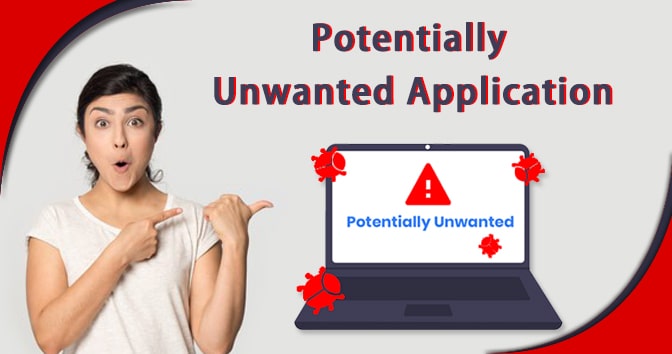
It is strongly recommended to use official and verified download resources (preferably, direct download links). Using a network sharing P2P (peer-to-peer) and other third-party downloaders are highly recommended.
When installing, users must read the requirements to ensure that they install exactly what they want, without side effects and hazardous additions.
Other installation suggestions include: Using “Custom / Advanced” settings and select-out / drop install or download additional applications / features for Norton pop up blockers.
Careful and thoughtful search habits are encouraged, i.e., Avoid Suspicious advertising and website. If users face unwanted ads and redirects, they are advised to check their devices and delete all suspicious applications and browser extensions/plug-ins.
If your computer has been infected with satisfaction, we recommend running scanning with the Antivirus Cleaner Combo for Windows to eliminate it automatically.
Also Read this – How do I turn ON/OFF Norton SONAR PROTECTION?
Frequently Asked Question
1. How do I stop Norton Spam?
If you see my Norton window, next to the device security, click Open. In the main window of Norton products, click Settings.
In the settings window, click Antispam. On the Filter tab, in the antispam line, move the on / off switch to off or on.
2. How do I remove fake Norton Antivirus?
Open your Norton device security product. If you see my Norton window, next to the device security, click Open. In the main window of the Norton product, double-click Security, then click Scan.
In the scan window, select the complete system scan and click Go. When scanning is done, click Finish.
3. How do I stop Norton LifeLock pop up?
Norton includes an antispam feature that is integrated with desktop email clients such as Microsoft Outlook. This feature contains a “Welcome Screen,” which gives you information popups and feedback.
If you want an antispam part to run quietly in the background, you can deactivate it. To do this, click Set Set> Antispam in the Norton interface.
Click the “Client Integration” tab and set the “welcome screen” and “feedback” to “Off.” In its settings,> Security tab, Activate scanning for the rootkit.
Then on the Scan tab, select the threat scan and run scanning. Cleaning anything found, restart the PC, then run again until clean.
4. Why does Norton keep saying at risk?
Norton displays a message: “Exploring risk” because Norton’s secure web extension is not installed or disabled in the default browser.
To find out more, read the news: “Explore risk.” Internet security pillars looked grey in the main Norton window.
